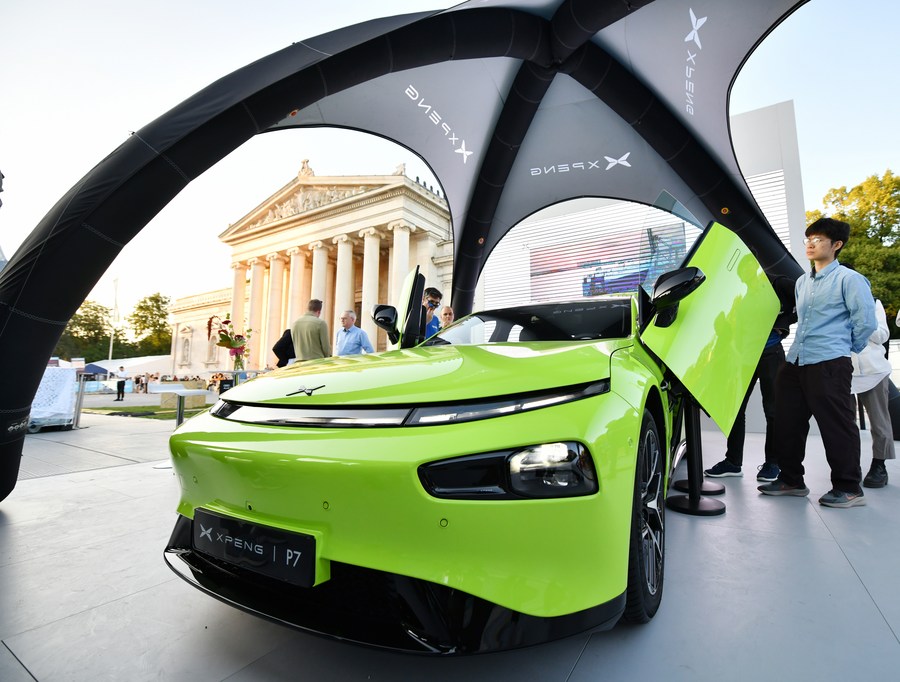European Commission puts brake on green transition


Despite the strong opposition of the Chinese side, the European Commission is expected to levy provisional duties on made-in-China electric vehicles from July 4, EU officials told Chinese automakers on Monday, without disclosing the tariff rate.
After July 4, the European Commission will spend four months negotiating with member states to turn the provisional duties into permanent tariffs, with the final rate to be determined in November.
It is worth noting that some European countries have introduced incentives to attract Chinese EV makers to invest and build factories at the same time.
Chinese EV makers face higher labor and energy prices in Northern and Western European countries. In comparison, Southern European countries, such as Italy and Spain, which have lower labor costs but relatively high production standards, are better choices for Chinese EV makers setting up plants in Europe. Other attractive locations include Eastern European countries and Turkey whose exports enjoy low tariffs in the European market.
The European Commission announced last October that it was launching an anti-subsidy investigation into electric vehicles imported from China to decide whether to impose anti-dumping tariffs. But there are huge differences among the EU members on this. The German auto industry has close ties with the Chinese market, and the German government has repeatedly voiced its opposition to target Chinese EVs as doing so restricts market competition.
The EU's imposition of additional anti-subsidy tariffs on Chinese EVs deviate from the concept of green development, and violate market economy principles and World Trade Organization rules. These tariffs will only harm the interests of EU consumers, reduce the competitiveness of EU companies, and affect global efforts to transform and address climate change.
The restrictive measures can be attributed to the EU surrendering its strategic autonomy to the United States as the latter has been trying to persuade the EU to follow its lead in levying punitive tariffs on Chinese EVs, citing unfounded subsidy charges as the justification.
China is determined to follow the path of green and low-carbon development, and has always encouraged and supported various industries to transform and upgrade toward green and low-carbon development. The de facto protectionist measures of the EU and the US targeting Chinese EVs will only serve to spur the Chinese EV makers to further increase their input in research and development to enhance their products' competitiveness in the world market.
GUANCHA.CN


































